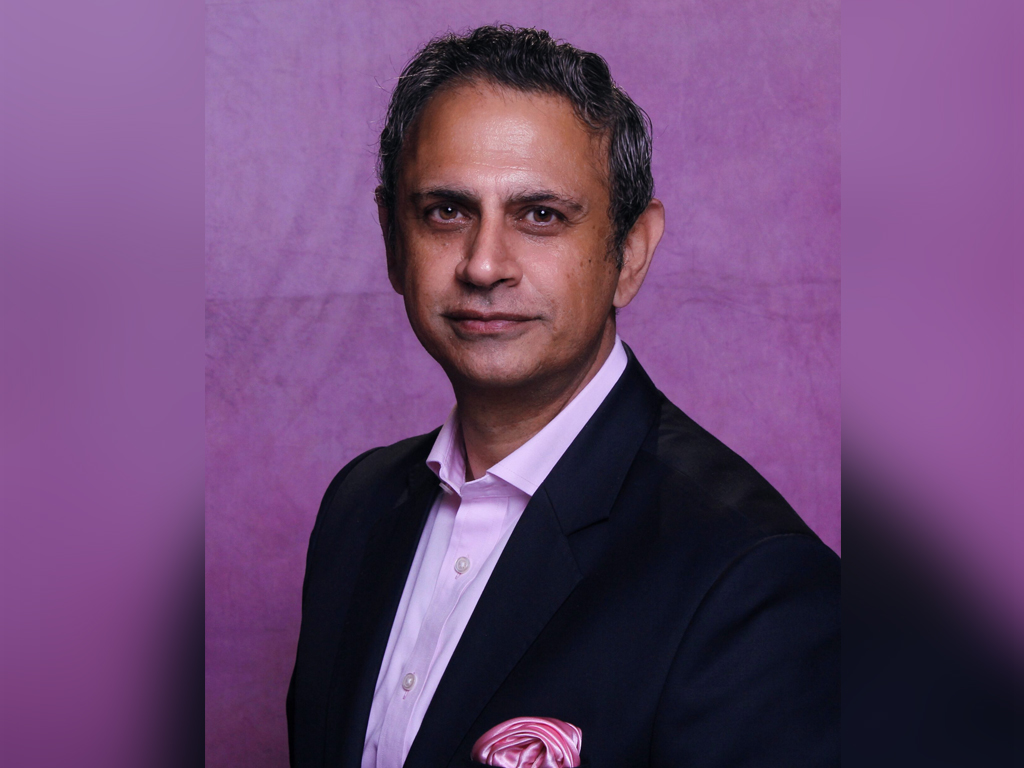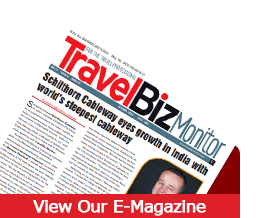
With complete dependency on digital media to market destinations in the past one year, Sheema Vohra, Managing Director, Sartha Global Marketing spoke to Disha Shah Ghosh about the medium, its effectiveness and adapting to change in the market dynamics. Vohra also shed light on some of the methods of sustaining in the representation business and remaining relevant.
Q. The travel & tourism representation business has undergone a transition in the past 14 months with global restrictions in force due to the pandemic. Elaborate on some of the changes undertaken by Sartha Global Marketing in its mode of communication?
A. During this pandemic, due to the lockdowns, online media consumption has surged. Many established digital platforms became very important, and several new platforms emerged. Due to this we had to quickly redefine our communication strategy to ensure that to make sure that all our communication was getting across to our target audiences. So, very early last year we put together a very robust digital PR programme for our clients, by analysing and working with media platforms who remained active during the lockdown, and were relevant in keeping our destinations top of mind, both within the travel trade and potential travellers in future. This robust programme has also allowed our team to be in regular contact with our friends in the media, maintain a pulse on the market and build a good understanding on the changing landscape and market dynamics.
The second area we concentrated on was in educating and inspiring our travel trade partners. We were one of the earliest to seize the opportunity offered by the new online meeting platforms, and began conducting multiple webinars and individual travel agency training every month since the lockdown began. These activities again lead to a huge increase in destination knowledge; created warmth for destinations we work for, and market knowledge on the rapid changes that took place within most travel companies during this time.
Q. What are some of the challenges while representing large, established destinations vis-à-vis smaller nations or products, especially in these times of global crisis?
A. There are no major challenges – the approach is different. Larger destinations have a more diverse portfolio, tourist attractions, and therefore more content to share. The focus during these times is to showcase newer local experiences, sustainability initiatives, natural settings, less crowded places, and new travel protocols in place. Hygiene, sanitation and safety have become standard features now for any destination. Most research shows that consumers are keen to start traveling, but they have become more discerning after the pandemic, and we have to cater to the needs of this new traveller.
Q. With digital outreach taking a centre-stage, how effective has the medium been in replacing the in-person experience?
A. Digital and virtual platforms gained the most during these times. However virtual experiences will never replace the real in-person travel experience. Irrespective of the audio-visual experience of virtual tours, other sensory experiences are missing. People will continue to travel, build on their own experiences and create memories. Secondly, digital outreach has limitations whereas physical travel is limitless, with each individual having their own unique experience and deciding for themselves how long they want to stay at a place and what all they want to do there. Digital outreach is great in keeping consumers inspired to travel, when the time is right.
Q. At a time when uncertainty is looming large, what are some of the measures that are imperative to sustain in the representation business?
A. The representation business is like any other marketing consultancy. As marketers we have to adapt and change with times. We have to be aware of global best practices and remain well informed of the usage of latest technologies and methodologies, and constantly keep abreast of changes in customer behaviour. As an organisation we have always believed in customised strategies for each individual client we represent. We continue to find innovative ways to engage with potential travellers and address their evolving requirements and expectations. In today’s scenario, representation companies have to embrace technology, cultivate new partnerships, and, most importantly, have great market knowledge and relations, to have a dynamic approach to all plans and strategies.
Q. In the changed circumstances how important is curating an innovative itinerary to infuse confidence among travellers? What is your plan in this direction?
A. Innovative itineraries have always been important for destinations, travel companies and finally travellers. Now more than ever, this is of importance. As tourism marketing organisations we do not directly sell any travel products and depend on our trade partners to produce novel itineraries, and for the media to provide inspiration and information to our target audiences. For the creation of innovative products, we will continue to work closely with our travel trade partners, educating them on new experiences, unique activities, and experiences for specific targeted travellers – like honeymooners, families, young, outdoor enthusiasts, etc. Lastly, as we represent major destinations, we have access to multiple global research papers and best practices, which we are able to share with our trade partners showcasing the changes in consumer expectations, thereby assisting them in their product development.






